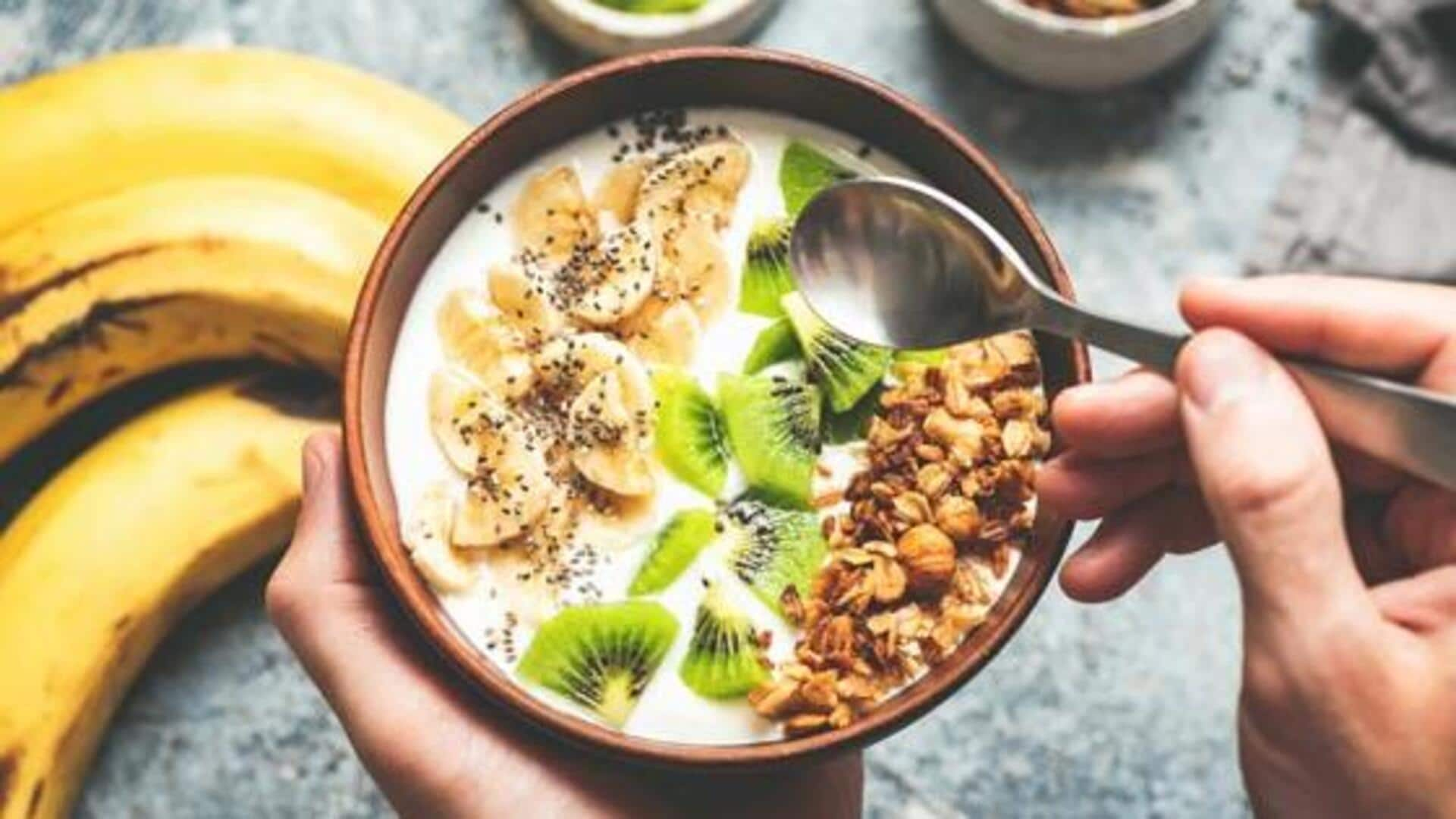
Unraveling the gluten-free diet myths
What's the story
The gluten-free diet trend has exploded, with many people promoting it as a healthier way of life.
But it's crucial to separate fact from fiction when considering such a change.
This article aims to bust common myths about going gluten-free, providing clarity based on scientific evidence.
It emphasizes the importance of making informed dietary choices rather than blindly following trends.
Myth 1
Gluten-free equals healthier
One common misconception is that a gluten-free diet is automatically healthier for everyone.
In fact, gluten-free items are often higher in sugar and fat to make up for the texture and taste that gluten provides.
This diet does not provide extra health benefits for those without celiac disease or non-celiac gluten sensitivity. It can also lead to nutrient deficiencies if not properly balanced.
Myth 2
Weight loss guaranteed
Many people think that eliminating gluten will help them lose weight, a myth rooted in the mistaken belief that gluten-free equals low calorie.
In reality, gluten-free items can be equally caloric, if not more so, than their gluten-containing counterparts.
Weight loss on a gluten-free diet typically comes from avoiding high-calorie processed foods, not the lack of gluten itself.
Myth 3
Boosts energy levels
A common myth is that going gluten-free boosts your energy levels.
Yes, for people with celiac disease or non-celiac gluten sensitivity, eliminating gluten can increase energy.
This is probably due to reduced inflammation and improved nutrient absorption when gluten is removed.
But for people without these conditions, there's no scientific proof that going gluten-free will have the same effect.
Myth 4
Prevents chronic diseases
The notion that a gluten-free diet wards off chronic diseases such as heart disease or diabetes is a myth for the majority of people.
It's only vital for individuals with celiac disease or sensitivity.
For the rest of us, there's no proof it provides any defense against such diseases.
Changes in diet should be based on individual health requirements, not fashionable trends.